Breadcrumbs
Nephrology Trainee Resources
Program Leadership and Contacts
Division Director
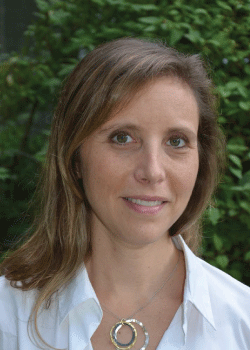 Heather Reich MD CM, PhD, FRCPC
Heather Reich MD CM, PhD, FRCPC
Division Director
Gabor Zellerman Chair in Nephrology Research
Associate Professor of Medicine, University of Toronto, Division of Nephrology
Email: Heather.Reich@uhn.ca
Residency and Fellowship Directors
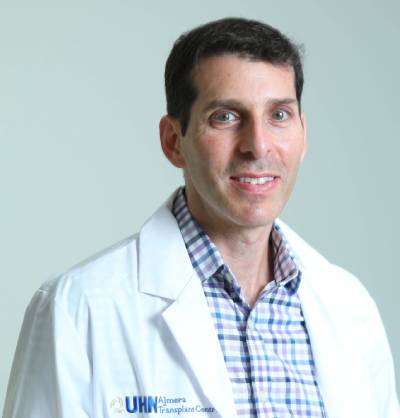 Jeffrey Schiff, MD, FRCPC
Jeffrey Schiff, MD, FRCPC
Residency Program Director
Medical Director, Pancreas Transplant Program, Multi-Organ Transplant Program
Associate Professor of Medicine, University of Toronto Division of Nephrology
Email: Jeffrey.Schiff@uhn.ca
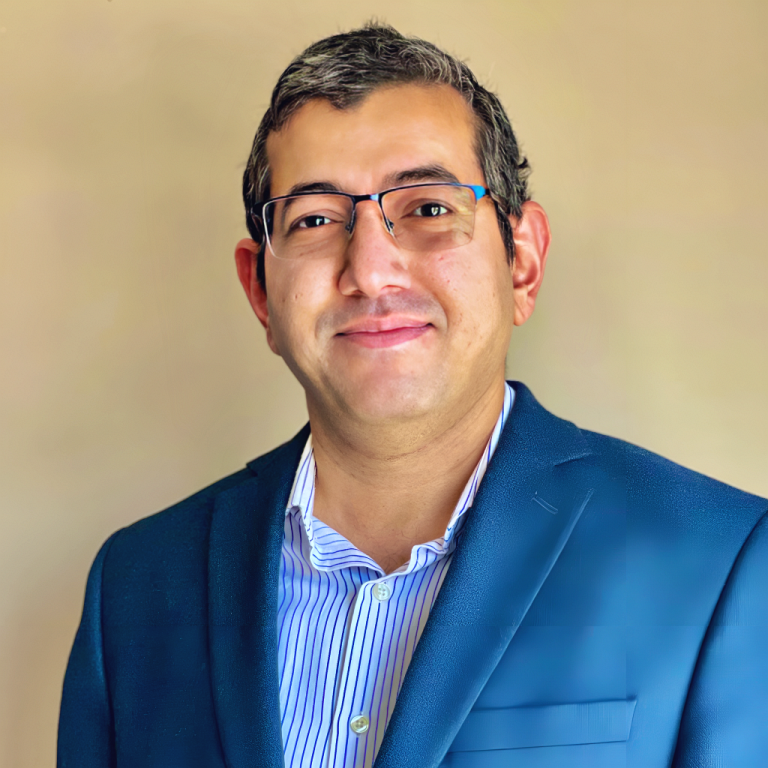 Tushar Malavade MBBS, MD, DNB, FRCPC
Tushar Malavade MBBS, MD, DNB, FRCPC
Fellowship Director of Nephrology
Assistant Professor, Department of Medicine, University of Toronto
Staff Nephrologist, University Health Network
Email: Tushar.Malavade@uhn.ca
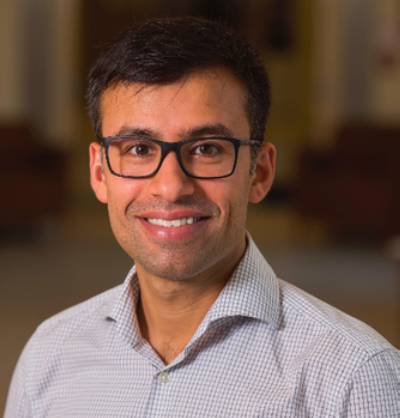 Amit Kaushal, MD, MScCH (HPTE), CCFP, FRCPC CHS
Amit Kaushal, MD, MScCH (HPTE), CCFP, FRCPC CHS
Assistant Fellowship Director of Nephrology
Site Director, Toronto General Hospital
Assistant Professor of Medicine, University of Toronto, Division of Nephrology
Email: Amit.Kaushal@uhn.ca
Site Directors
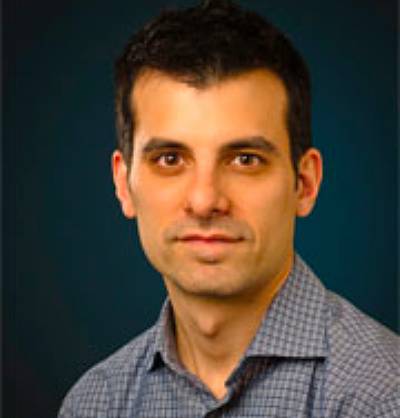 Ali Zahirieh MD, FRCPC
Ali Zahirieh MD, FRCPC
Site Director, Sunnybrook Health Sciences Centre
Associate Professor of Medicine, University of Toronto, Division of Nephrology
Email: alireza.zahirieh@sunnybrook.ca
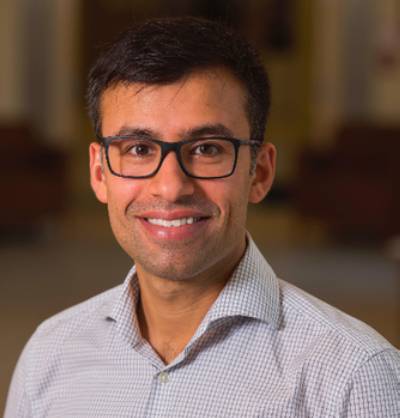
Amit Kaushal, MD, MScCH (HPTE), CCFP, FRCPC CHS
Site Director, Toronto General Hospital
Assistant Professor of Medicine, University of Toronto, Division of Nephrology
Email: Amit.Kaushal@uhn.ca
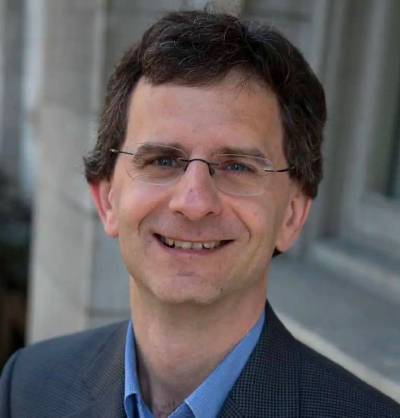 Martin Schreiber MD, MMedEd, FRCPC
Martin Schreiber MD, MMedEd, FRCPC
Site Director, St. Michael's Hospital
Professor of Medicine, University of Toronto, Division of Nephrology
Email: martin.schreiber@unityhealth.to
Support Staff
 Heather Johnston
Heather Johnston
Program and Division Coordinator, Division of Nephrology
Email: nephro.div@utoronto.ca
Shelagh Cowie
Fellowship Coordinator, Division of Nephrology
Email: Shelagh.Cowie@uhn.ca
Kim Moffat
Fellowship Administrator, Division of Nephrology
Email: Kim.Moffat@uhn.ca
About Our Program
Upon completion of training, a resident is expected to be a competent specialist capable of assuming a consultant's role in nephrology. The resident must acquire a working knowledge of the theoretical basis of the specialty, including its foundations in the basic medical sciences and research.
Only candidates certificated by the Royal College of Physicians and Surgeons of Canada in internal medicine may be eligible for the Certificate of Special Competence in Nephrology.
On completion of the program, the resident who is competent in nephrology will be able to demonstrate the knowledge, attitudes and skills needed to independently care for patients with kidney disease (including the management of chronic kidney disease, dialysis and renal transplantation) and with disturbances of acid-base, fluid and electrolyte metabolism; and also glomerular, genetic, hypertensive, and diabetic kidney diseases.
The resident will have a working knowledge of the basic sciences (physiology, pathophysiology and immunology) and applied sciences pharmacology, pathology) as they apply to renal disease and their treatments. The resident who is competent in nephrology will be able to conduct himself/herself as an attending physician and a consultant, work effectively in a variety of healthcare settings (acute and chronic care hospitals, dialysis units (hemodialysis and peritoneal dialysis), ambulatory care clinics (general nephrology, pre-dialysis, renal transplantation) and function as a member of a multi-disciplinary team effectively collaborating with other health professionals. They will demonstrate an awareness of the need for ongoing personal education and will be able to access and critically appraise required literature. They will be punctual, dependable and conscientious in the care of patients and will exhibit appropriate personal and interprofessional behaviours. The resident will incorporate gender, cultural and ethnic perspectives in the practice of nephrology as a clinician and/or researcher (methodology, data presentation and analysis).
Core Nephrology Curriculum
|
PGY4 Curriculum |
||
|---|---|---|
| Rotation | Site | # of Blocks |
| Consults | SMH SHSC UHN |
4 Blocks |
| Dialysis | SMH SHSC |
2 Blocks |
| Home Dialysis | UHN | 1 Block |
| General Nephrology/Ward | UHN | 1 Block |
| Transplant | UHN | 2 Blocks |
| Ward | SMH | 1 Block |
| General | Community | 1 Block |
| GN | Ambulatory | 1 Block |
|
PGY5 Curriculum |
||
|---|---|---|
| Mandatory Rotation | Site | # of Blocks |
| Consults | SMH SHSC UHN |
1 Block |
| Stones | Ambulatory | 1 Block |
| Transplant | Ambulatory | 1 Block |
| Transition to Practice | SHSC SMH UHN |
2 Blocks |
| Home Dialysis | UHN | 1 Block |
In addition to mandatory rotations the following electives/selectives are also available during PGY5 year:
| Rotation | Site | # of Blocks |
|---|---|---|
| GN | Ambulatory | 1 Block |
| POCUS | Ambulatory | 1 Block |
| QI | TBD | 1-3 Blocks |
| ICU Elective | MSH SMH |
1 Block |
| Elective | Community (U of T or Non-U of T) |
0 - 2 Blocks |
| Geriatric | UHN | 1 Block |
| Research | TBD | 1 - 10 Blocks (Based on career plans and approval) |
Nephrology Rounds
Videos, Slides and Articles for AHD & CWR are available on ShareFile. Please contact Heather at nephro.div@utoronto.ca for access.
Please contact Heather at nephro.div@utoronto.ca if you would like to be added to our AHD/CWR distribution.
Trainee Annual Workshops
- Vascular Access Training
- Career Workshop
- Division of Nephrology Research Day
- HD/PD Workshop
- Critical Care Workshop
- Dialysis Workshops
- Ultrasound Workshops
- CCQI Sessions
- Journal Clubs
- Office of Learner Affairs Wellness Workshop Series
Vacation/ Leave Requests & Forms
Requests must be made in writing at least 4 weeks in advance of the requested start day of the rotation (recommended at least 6 weeks). Please allow 5-7 business days for the program to process your request. If your request is urgent, please include “URGENT” in the subject line of your email.
Residents are strongly advised not to submit vacation, conference/educational leave or personal day requests during the following events or rotations:
- Evaluations:
- PGY 4 OSCE
- ASN Online Exam
- Advancement Workshops:
- Line Insertion Course
- HD/PD Workshop
- Critical Care Workshop
- Career Mentorship Workshop
- Divisional Research Day
- Rotations:
- PGY5 Transition to Practice blocks (assigned per trainee)
Postgraduate Medical Education Office (PGME) Resources:
The PGME website is a hub of information you will need before, during and after your training.
https://pg.postmd.utoronto.ca/
Mentorship
Under the leadership of Drs. Tanna, Tobe, and Schiff, both the Nephrology clinical fellowship and subspecialty residency programs will be voluntarily enrolled in this structured program. The program will start with formal education sessions for both mentors and mentee with subsequent matching of mentor-mentee pairs. This will be formalized with a mentorship contract, in order to ensure that both mentors and mentee will have clearly defined roles, responsibilities, goals and training. Mentors are essential resources for advice and guidance in areas, such as research, career planning, networking, work-life balance, and transition into practice.
Conference Funding/Reimbursement
There is $1000 available each year per resident (PGY4/5) to attend conferences.
All expenses must be submitted to the program coordinator for processing and reimbursement. Below you will find the expense reimbursement form and the Supporting Documentation Checklist. Ensure all documents are submitted to avoid delays with finance.
Expense Reimbursement Spreadsheet
Supporting Documentation Checklist
ADDITIONAL FUNDING AVAILABLE!
- Dr. Dimitrios Oreopoulos ASN Travel Fund Award - up to $2500 annually
- This is awarded to one trainee each year to attend the ASN Conference.
Suggested Conferences
- Canadian Society of Nephrology
- American Society of Nephrology
- American Transplant Congress
- Canadian Society of Transplantation
On-Call Stipends
The On-Call Stipend Overview is summary document regarding On Call Stipends which includes helpful links for new trainees:
• Instructions with Screenshots showing how residents enter their call dates in POWER
• Call Stipend FAQs
• Quick Access Interpretation Chart
Policies/Protocols
Resident Safety Policy
This policy provides background to the relationship between the University and all Clinical teaching sites with respect to resident safety.
Nephrology Resident Supervision Policy
Escalation Policy - SMH, SHSC & UHN
PGME Resident Supervision Policy
University of Toronto Religious Accommodations
Professionalism, Social Media, and Racial Intolerance
Some Guidelines/Policies on Social Media, Religious and Racial Intolerance: Toronto is a major multicultural centre. Physicians have a strong duty to professionalism. Please look at the following links to get an idea of what is expected when a health care provider is using social media to express their personal views. Maintaining professionalism will prevent controversies that can damage reputations, and even careers. The following links are very helpful in this regard.
- U of T Social Media Community Guidelines
https://studentlife.utoronto.ca/social-media-community-guidelines/#:~:text=Specifically%2C%20we%20will%20not%20tolerate,illegal%20activity%20of%20any%20kind - U of T Faculty of Medicine: Guidelines for Appropriate Use of the Internet, Electronic Networking and Other Media
https://pgme.utoronto.ca/wp-content/uploads/2020/05/2020-Guidelines-for-Appropriate-Use-of-the-Internet-Electronic-Networking-and-Other-Media.pdf - CMPA - Social media: The opportunities, the realities
https://www.cmpa-acpm.ca/en/advice-publications/browse-articles/2014/social-media-the-opportunities-the-realities - U of T Faculty of Medicine: Social Media Guidelines
https://temertymedicine.utoronto.ca/sites/default/files/Social%20Media%20Guide.pdf - U of T Faculty of Medicine: Statement on Religious and Racial Intolerance
https://temertymedicine.utoronto.ca/statement-religious-and-racial-intolerance
PARO Contract
The purpose of the PARO contract is to provide an orderly employment relationship between Ontario teaching hospitals as represented by the Council of Academic Hospitals of Ontario, hereinafter CAHO, and the residents in these teaching hospitals represented by the Professional Association of Residents of Ontario, hereinafter PARO, in order to facilitate the relationship between residents and hospitals so that housestaff will be reasonably compensated for the duties which they perform as hospital employees, and at the same time be able to take advantage of the training program which each individual housestaff enjoys.
Competence By Design (CBD) Resources
This is a repository of CBD information required for PGY4/5 residency.
PD Message
Beginning in 2018, Nephrology programs across Canada moved to Competence by Design (CBD). As an early adopter of CBD, we have significant experience working with this new framework in medical education.
CBD divides the Nephrology residency into four stages: Transition to Discipline, Foundations of Discipline, Core of Discipline, and Transition to Practice. Within each stage, there are a number of Entrustable Professional Activities (EPAs), which need to be completed. The EPAs span the full range of activities of Nephrology, not just in the domain of medical expert, but also as communicators, collaborators, professionals and scholars.
An advantage of CBD is that assessment occurs more frequently than traditionally. Faculty members can give specific feedback that helps our residents develop their skills. In addition, our Competence Committee meets regularly to assess the progress of residents and give them individualized feedback.
In order to help residents navigate the requirements of CBD, we have developed a series of resources. These include an introductory session explaining the key concepts and mechanics of CBD. Rotation plans explain which EPAs apply to a given clinical rotation. The University of Toronto's Elentra system is used to generate EPA assessments, as well as allowing residents to see their progress at a glance.
Although CBD has been a major change in medical education, our goal is the same as always: to give residents the skills they need so they will be able to confidently step into practice, and also be able to adapt to the changes that are guaranteed to occur in medicine throughout their careers.
CBD Stages
The residency program has been split into 4 stages: Transition to Discipline (TTD), Foundations of Discipline (FOD), Core of Discipline (COD) and Transition to Practice (TTP):
- Transition to Discipline (TTD) - 1 Block
- Foundations of Discipline (FOD) - 6 Blocks
- Core of Discipline (COD) - 16 Blocks
- Transition to Practice (TTP) - 3 Blocks
Foundations of Discipline (FOD) EPAs
- FOD-1: Initial Assessment and Management of AKI
- FOD-2: Initial Approach to CKD
- FOD-3: Initial approach to hematuria and/or proteinuria
- FOD-4: Prescribing Dialysis in Stable ESRD
- FOD-5: Consulting on Inpatients with Renal Disease
- FOD-6: Initial Approach to PD complications
- FOD-7: Initial Approach to HD complications
- FOD-8: Admitting Patients for Transplant
- FOD-9: Uncomplicated Post-Operative Transplant Care
- FOD-10: Initial Approach to Transplant Complications
- FOD-11: Inserting Dialysis Lines
Core of Discipline (COD) EPAs
- COD-1A: Comprehensive management of AKI
- COD-1B: Comprehensive management of AKI - Communication
- COD-2: Prescribing dialysis in AKI
- COD-3A: Difficult hypertension
- COD-3B: Difficult hypertension - communication
- COD-4: Assessing fluid and electrolyte abnormalities
- COD-5: Living donor assessment
- COD-6: Deceased donor assessment
- COD-7: Pre-transplant recipient assessment
- COD-8: Complex post-operative transplant care
- COD-9: Managing immune modulating therapy
- COD-10A: Management of chronic kidney disease
- COD-10B: Written Communication in CKD
- COD-11A: Care in progressive renal disease
- COD-11B: Care in progressive renal disease – patient education
- COD-12: Facilitating transitions
- COD-13: Chronic dialysis management
- COD-14: Complex dialysis access complications
- COD-15: Dialysis procedure complications
- COD-16: Improving health literacy
- COD-17: Pregnancy and renal disease
- COD-18: Longitudinal clinic
- COD-19: Working with an interprofessional team
- COD-20: Scholarly activity
- COD-21: Teaching activities
- COD-22: Quality improvement
- COD-23: Telephone consultation to health care providers
Rotation Plans
All Nephrology Rotation Plans can be found here.
Competence Committee
The Competence Committee (CC) is responsible for making overall assessments for each resident, and recommendations regarding promotion, coaching and remediation, at multiple time points throughout residency (CC Terms of Reference). The committee is made up of faculty members from each of the core sites. The PD also sits on this committee.
Competence Committee Members:
- Jeffrey Schiff (Program Director/Chair)
- Martin Schreiber (Site Director St. Michael's Hospital)
- Ali Zahirieh (Site Director Sunnybrook Health Sciences Centre)
- Asad Merchant (University Health Network Staff)
- Heather Johnston (Program Coordinator/Committee Admin)
Additional Assessments
In addition to the EPAs and ITARs the following assessments will also be required during residency:
- OSCE - PGY4
- ASN Exam - Annually
- Line Insertion Workshop - Pass required
